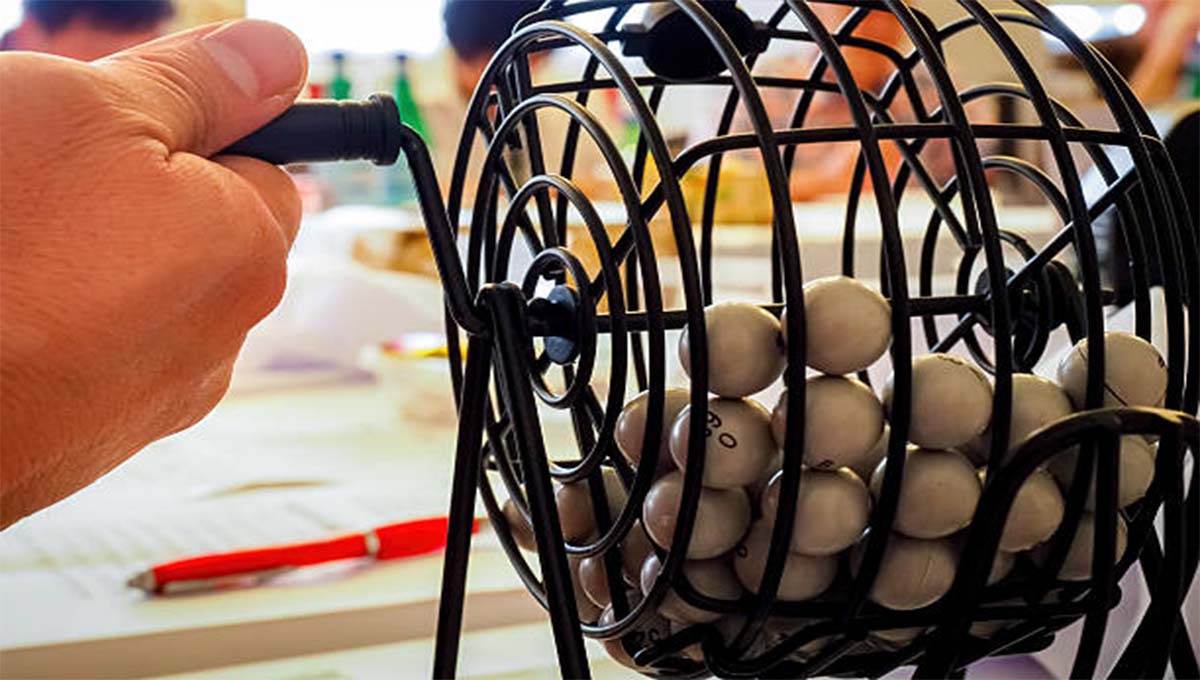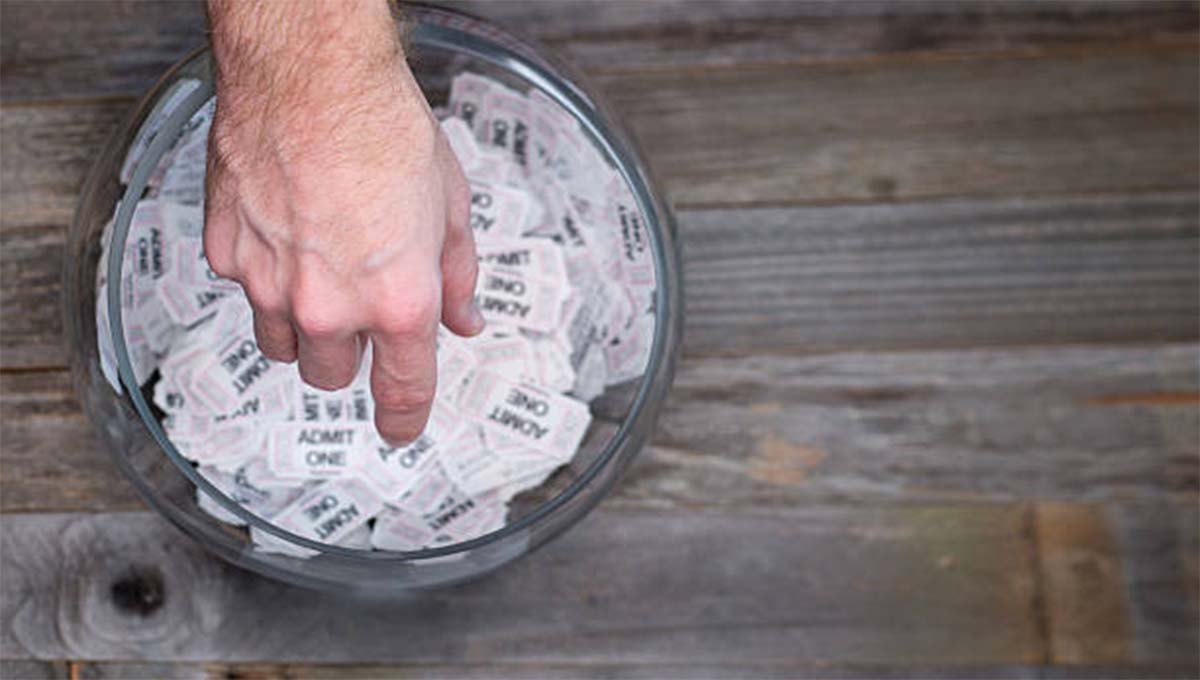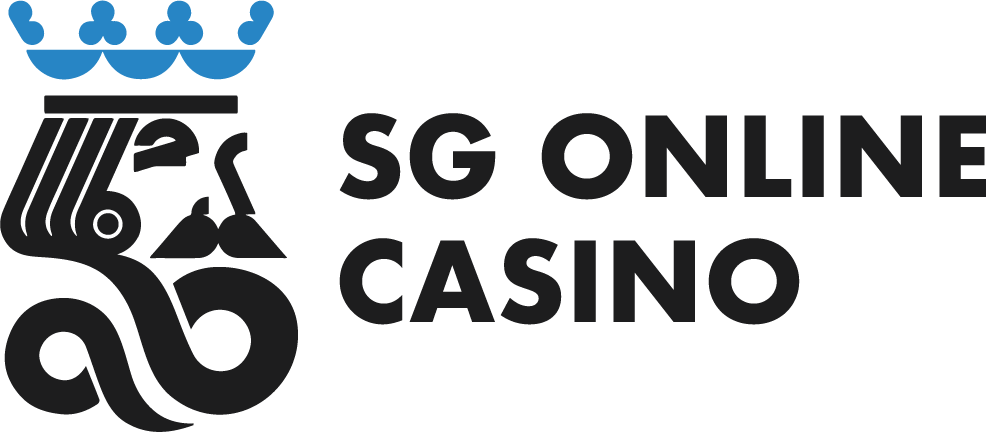Is Lucky Draw Legal In Singapore?

Lucky draws that are open to the common public are mainly held by companies in Singapore. These lucky draws are often held to entice people to buy a company’s products or services.
In view of this, it’s key to be clear that lucky draws in Singapore may take the shape of a common lottery. The always used rule is that since running public lotteries in Singapore entails gambling, it is also known as not legal. But, if they fall under one of the Common Gaming Houses Act’s (CGHA) legal exclude, public lotteries are legal.
In order to make sure that firms can proper plan and run public lotteries in Singapore, the aim of this post “Is lucky draw legal in Singapore?” is to detail key crucial aspects for them to keep in mind.
Table of Contents











A public lottery in Singapore: What is it?
Based on the CGHA, a public lottery is one to which any member of the public has or may have access. Any lottery is allow to be believed to be a public lottery unless it can be shown or else.
The CGHA also define a lottery as any game, method, tool, scheme, or competition in which the sharing or portion of money or money’s worth is based on or to be chosen by chance or lot.
A draw done by a bank or insurance company when people purchase certain insurance plans or people’s banking products is a case of a public lottery. Prizes like plane tickets, vacations, vehicles, and cash are on the table, and the winners are chosen at random.
It’s likely that a draw won’t be seen as a public lottery if winning it takes some talent, such as players having to tell the company that they should win with a short essay. If in doubt about the terms of their draw, companies should talk with a lawyer.

How do public and private lotteries differ from each other?
A private lottery is one where only a group of people are able to buy a ticket or chances.
This group must be formed for non-gambling, non-wagering, non-lottery-linked goals. Clan groups or well-known people like those for the legal or medical fields are a case of this type of society.
The Private Lotteries Act controls private lotteries. Any private lottery, such as a lucky draw or a game of luck on fruit machines, must have a private lottery permit before it may be show out or played. Private lotteries are banned by the Private Lotteries Act until a police permit is given. On a case-by-case basis, permits are issued.
Public lotteries, on the other hand, allow for public take part and are watch over by the CGHA.
In all, if the conditions listed in lines 3 and 5 of the Common Gaming Houses (Exclude) Notification 1997 are met, any public lottery held by a business for the reason of promoting the sale of any good or service is free from the CGHA.

How do pubic lotteries and gambling services differ?
Public lotteries are seen as land-based gambling as they are often held on real property (such as a business's building or at a mall).
This is not the same as remote gambling, that also will have many online gambling sites or gambling that needs far deal.
The many types of gambling also provide: gambling online, help others in doing so; making or being paid wagers, and give online gaming services gaming.
Online betting and web-based betting services, such as mobile betting, are good forms of remote gaming services.
The Remote Gambling Act (RGA), passed on October 7, 2014, bans any type of remote gambling act until letter of exclude is given under section 26 of the RGA.
Only the Singapore Turf Club and Singapore Pools are now allowed to act as exempt remote gambling company under the RGA, based on to the Ministry of Home Affairs.
The rules and limits for exempt letters are highly strict, and then before release letters can be given, requests from likely owners will face a full review. In breach of section 11 of the RGA, giving a not legal remote gambling service from Singapore is subject to a fine of at least S$20,000 and a maximum of S$500,000, as well as up to 7 years in prison.









Personal Data Protection Act (PDPA) Compliance
When taking data from people for the purposes of running or doing lucky draws, people who run of lucky draws should be mindful of Singapore’s data privacy laws and must follow and adhere to the rules of the Personal Data Protection Act (PDPA).
The things must be done by people who run lucky draw:
- When going to take part in a lucky draw, keep people aware of the aims of behind collection, use, and leak of their own data;
- Before getting, using, or sharing the people’ own info, get their consent; and
- Protect the own data they have on people from not legal access, modification, leak, use, or copying (whether in hardcopy or eleectronic form).
The Personal Data Protection Commission may issue a fine of up to S$1,000,000 for breach of the PDPA. The PDPA also carries wrong penalties, such as fines of up S$10,000 and/or jail terms of up to three years.
Conclusion
While there are many rules in Singapore that watch over gambling, prize programmes and competitions are clearly free from these laws. Sweepstakes known as prize promo and competitions known as contests, both are allowed in Singapore.
Companies should avoid from collecting, keeping, or sharing more personal details than is needed for a lucky draw.
Companies need to make sure, for all, that they only collect and use users’ partial NRIC numbers (i.e., the last 3 number digits and letter) and other personal or contact details when needed, like to check a prize winner’s identity.
Companies must only share the final three digits and letter of the lucky draw winners’ National Registration Identity Card (NRIC) numbers when posting personal details out about winners in the local press or on the company website.
We wish that this post “Is lucky draw legal in Singapore?” has given you a clear knowledge of the laws and rules you must follow if you want to plan and run a public lottery in Singapore.






